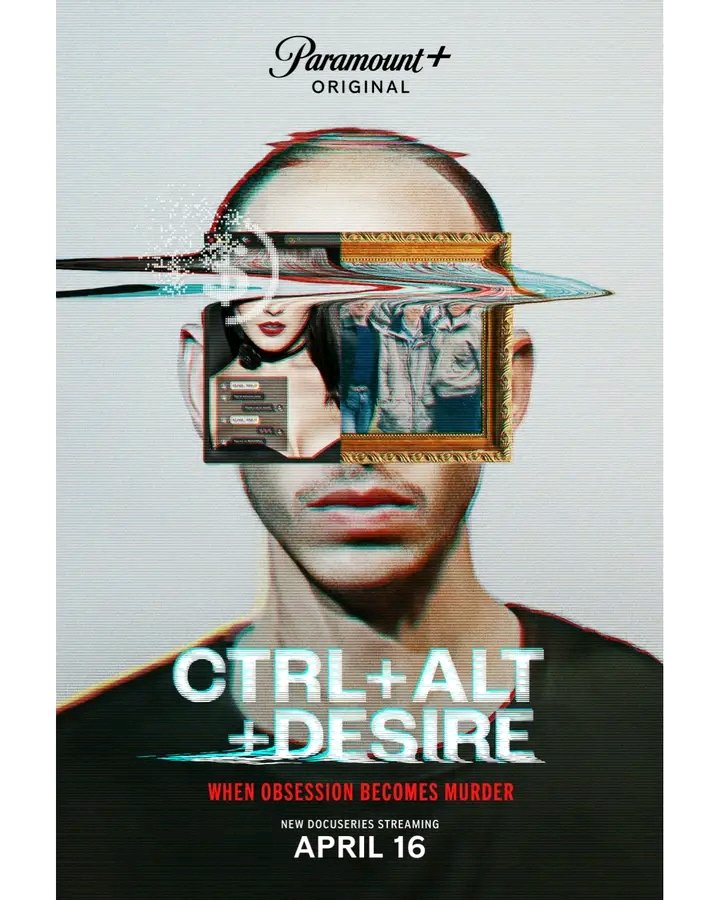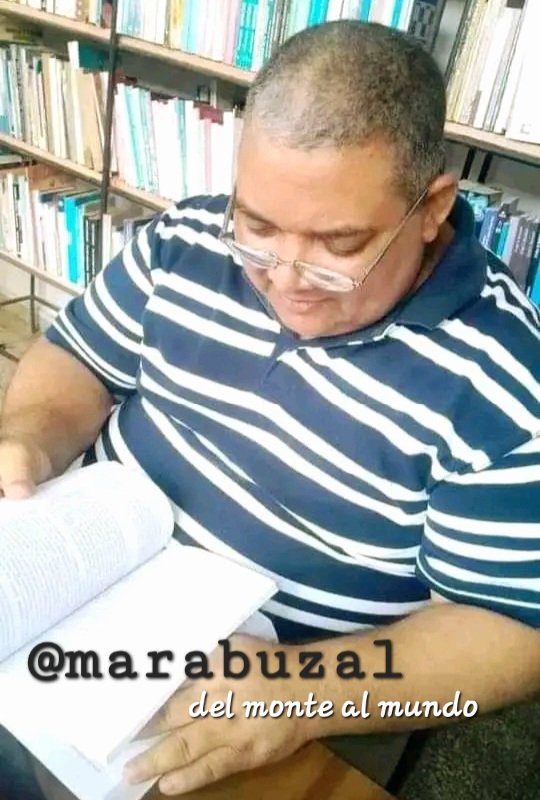📽️ Ctrl+Alt+Desire: Token Killer | Review

Ctrl+Alt+Desire (2024), the SkyShowtime documentary miniseries directed by Colin Archdeacon, is not just a reconstruction of a heinous crime. It’s a distorted mirror of our times—an X-ray of how digital addiction, loneliness, and obsession can turn an ordinary man into a killer. With unprecedented access to the confessions of Grant Amato—the nurse who executed his family in Florida in 2019—the project transcends conventional true crime to delve into the shadows of human psychology and the dangers of a hyperconnected yet emotionally fractured society.
On January 24, 2019, Chad, Margaret, and Cody Amato were shot dead in their home by Grant, the youngest son. Forensic reports described the killings as "executions": point-blank gunshots, clinical precision. The question haunting the viewer from the first frame isn’t how it happened, but why. And that’s where Archdeacon builds his most powerful narrative, avoiding sensationalism to explore Grant’s mental deterioration—an addiction not to drugs, but to an illusion: the commodified affection of a Bulgarian webcam model.
The documentary is structured in three chapters that function like acts in a Greek tragedy: the fall (hubris), the point of no return (peripeteia), and the reckoning (anagnorisis). But unlike fiction, there’s no catharsis here—only emptiness. Grant Amato is not an antihero, but a broken man whose addiction turned him into a predator of his own family.
The brilliance of Ctrl+Alt+Desire lies in its focus on the digital age’s emotional economy. Grant didn’t spend $200,000 on drugs or gambling, but on tokens to interact with "Adysweet," a woman he never met in person. The series uses minimalist animations—chat screens, notifications, bank transactions—to show how this fictional bond replaced his real life. Interviews with friends and coworkers paint a picture of an intelligent but socially isolated young man whose nursing career collapsed after stealing drugs from the hospital.
The documentary doesn’t justify his actions but contextualizes them: addiction to interactive pornography isn’t a trivial vice but a phenomenon with devastating consequences. When his family confronted him ("Her or us"), Grant could no longer distinguish reality from fantasy. The most heartbreaking scene is the reenactment of the recorded calls between Grant and his father, Chad, hours before the murders. The killer’s voice—cold, calculating—contrasts with his father’s desperate tone, still believing he could save him.
Unlike sensationalist productions like Night Stalker or The Ted Bundy Tapes, Ctrl+Alt+Desire refuses to glorify the criminal. There are no dramatic close-ups of weapons or excessively violent reenactments. Instead, Archdeacon opts for a clinical, almost forensic tone reminiscent of The Jinx (2015) or Don't Fk with Cats (2019). Shots of the family home—children’s toys in the attic, vacation photos—underscore the shattered normalcy.
The documentary also questions the role of webcam platforms in these dynamics. While it never names sites like OnlyFans or Chaturbate, it’s clear the system is designed to exploit users’ emotional vulnerability. "Adysweet" (whose real identity remains hidden) wasn’t a classic scammer but a worker in a market that thrives on compulsive consumption. The series doesn’t demonize her but exposes how digital capitalism fuels these tragedies.
The documentary’s biggest ethical challenge is its treatment of Grant Amato. Exclusive interviews—recorded over four years in prison—show him as an articulate narrator but lacking genuine remorse. In one chilling moment, he describes killing his brother Cody as "something I had to do." Yet the series avoids the trap of over-humanizing him. Instead of seeking sympathy, it exposes his narcissism: Grant didn’t kill for "love" but because his family stood in the way of his obsession.
This is the project’s strength: it’s not the story of a monster, but of how an ordinary man became one. Footage of Grant before the crime—a smiling young man in mundane selfies—could belong to any twenty-something. That’s what terrifies.
Ctrl+Alt+Desire transcends the true crime genre by raising uncomfortable questions about mental health, digital loneliness, and the limits of forgiveness. It offers no easy answers but serves as a warning: in an era of virtual connections, emotional disconnection can be deadly.
Rating: ★★★★☆ (4/5)
Best aspects: Unprecedented access to Amato’s recordings, avoidance of sensationalism, subtle critique of the camming industry.
Weak points: Some repetitive segments; "Adysweet’s" identity remains too ambiguous.
A necessary work—as disturbing as it is thought-provoking.
https://m.youtube.com/watch?v=bQU5bSI4yjU
THANK YOU FOR READING MY REVIEW.
📌 Credits to the CineTV team.
📌 For more of my reviews, visit my blog:
https://ecency.com/signup?referral=marabuzal
🟥 Original text by me, written without AI.

Chico el tema de la porno interactiva hace que me rasque la cabeza, francamente no entiendo sus métodos.
Por ejemplo mi suegro (tiene 67, lol) está bajo un bombardeo constante de "chicas calientes dispuestas a satisfacerte" por facebook. La cosa se ha convertido en algún tipo de broma familiar. El punto es que al menos en este caso las "ofertas" son más falsas que un inuit tropical, no visualizo a nadie tragándose el anzuelo.
Otro mundillo dónde prolifera esa talla es en Telegram, pero de nuevo, es difícil dejarse estafar cuando le ponen tan poco esfuerzo.
Esta historia terminó en tragedia como bien puedes ver. Es un interesante documental en tres partes sobre cómo la enajenación que pueden provocar las redes y sus encantos, pueden conllevar el crimen más atroz.
@marabuzal, I'm refunding 0.039 HIVE and 0.008 HBD, because there are no comments to reward.